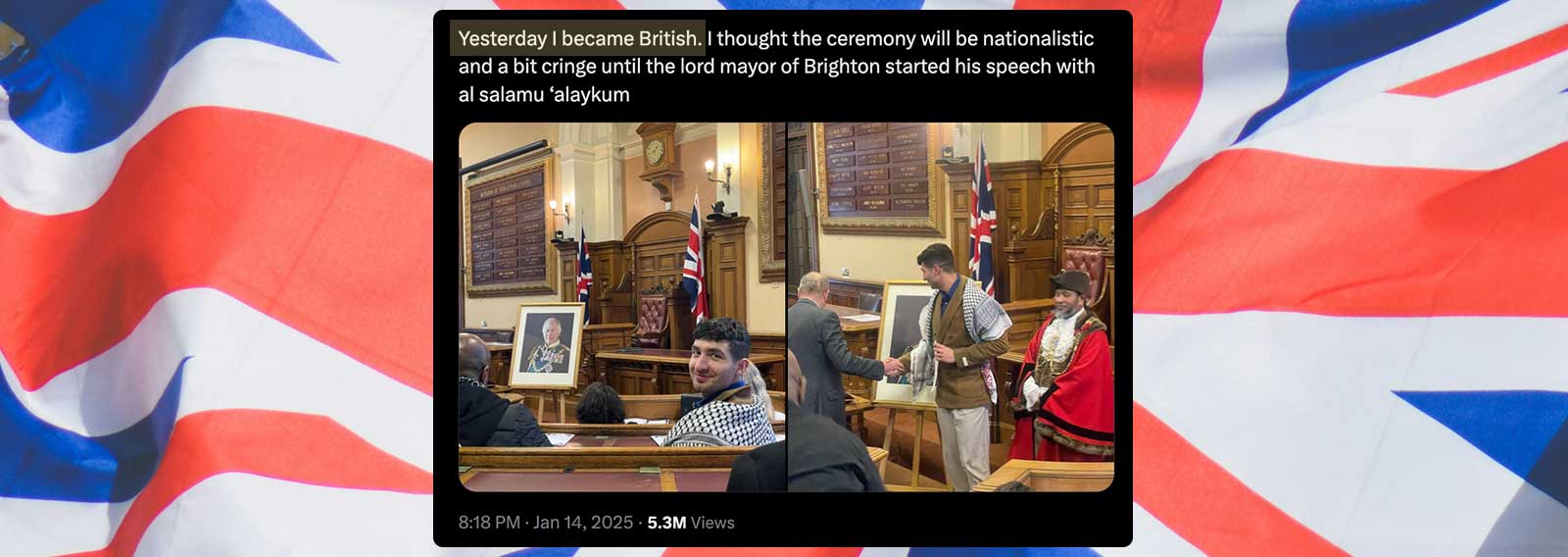In the story of The Emperor’s New Clothes, a vain emperor obsessed with fine clothing is deceived by two swindlers. They claim to weave a magical fabric invisible to anyone foolish or unfit for their position. The emperor, unwilling to admit he cannot see the fabric, praises the non-existent garments. His ministers, also fearful of appearing incompetent, do the same.
When the emperor parades through the town in his “new clothes,” the townsfolk pretend to see the outfit until a child innocently exclaims that the emperor is wearing nothing at all. The story is a timeless reminder that truth does not depend on consensus, and pretending something is real doesn’t make it so. Could that message be any more relevant than it is today?
It has been said that to erase a people group, one must first erase their past. Where we come from has a very real impact, not only on who we are as a people but also on where we’re going as a people. There are numerous ways people groups can have their past erased, either by outright denying their heritage, changing the history books, or by telling them their past is something shameful they shouldn’t want to associate with, much less preserve.
The erasure of a people can also be achieved by reducing their “race,” “ethnicity,” or “nationality” to nothing more than a geographical descriptor, something you can “become” if you have the correct piece of paper, effectively severing the connection between a heritage and the ethnic term used to define it.
Nowhere is this more evidently playing out than in our once-Christian Western nations. Take, for instance, the British people. Historically, the descriptive label “British” implied shared ancestry and heritage rooted in the long history of the British Isles.
Today, the term has become so broad and so “inclusive” that it is now applied to anyone living in Britain, regardless of their ancestry. As such, people of any and every ethnicity can be described as “British,” because the word is no longer employed to describe those who share a common “British” heritage, but rather, anyone who presently resides in “Britain,” whether their family has been there for 2,000 years or two minutes.
For example:
In essence, Western nations are being transformed into “propositional nations,” where their identity is no longer rooted in historical and traditional elements like ethnicity, language, and culture, but instead in a vague collection of purportedly shared ideals. The term “British” now tells you nothing more about a person than their present place of residence.
In that sense, the native of Britain is just as “British” as the Indian or Pakistani who migrated a year ago. The foreigner’s ethnic heritage remains – they are British-Indian, British-Pakistani – but the Briton’s does not. “British” is now broad enough to include every racial lineage, provided they now live on common dirt and possess a piece of paper granting them that designation. “British” has thus been stripped of any ethnic meaning, because it has now been broadened to mean no ethnic group in particular.
Curiously, this form of tranethnicism is a mono-cultural phenomenon. We don’t see this sort of thing happening in any other part of the world. A child of British missionaries may be born in Japan or India, but nobody would ever really think of him as “Japanese” or “Indian.” He would always be identified with his ancestry. The same is not true of Western nations today. Today, to be British, Scottish, American, French, Swedish, Australian, and so on, requires no common heritage, no common ancestry, no common culture, and not even a common set of ideals – only a piece of paper.
Under the threat of being branded a “racist” and “supremacist,” Westerners were convinced to deny their hereditary distinctives, so that any and all could now simply “identify” as the Western ethnos of their choosing. Just as “transgenderism” effectively erases the distinct biological realities of women, “transethnicism” erases the distinct biological realities and heritage of a nation.
In effect, transethnicism is to reduce a nation to the property of the world, belonging to no particular people group, subscribing to no particular religion, and living by no particular culture. When anyone and everyone can “become British,” the term is virtually without meaning. And that is, of course, the end goal of the “melting pot” that is Globalism: No nations, only global citizens.
Unfortunately, we have reduced Western heritage and ethnicity to a costume, pretending not only that anyone can don it but also that its absence is apparent only to fools, bigots, and racists. However, much like in The Emperor’s New Clothes, a person may claim they’re wearing any garments they want, the fact is, most people know otherwise—though much like the Emperor’s subjects, they’re just too afraid to say it.





















